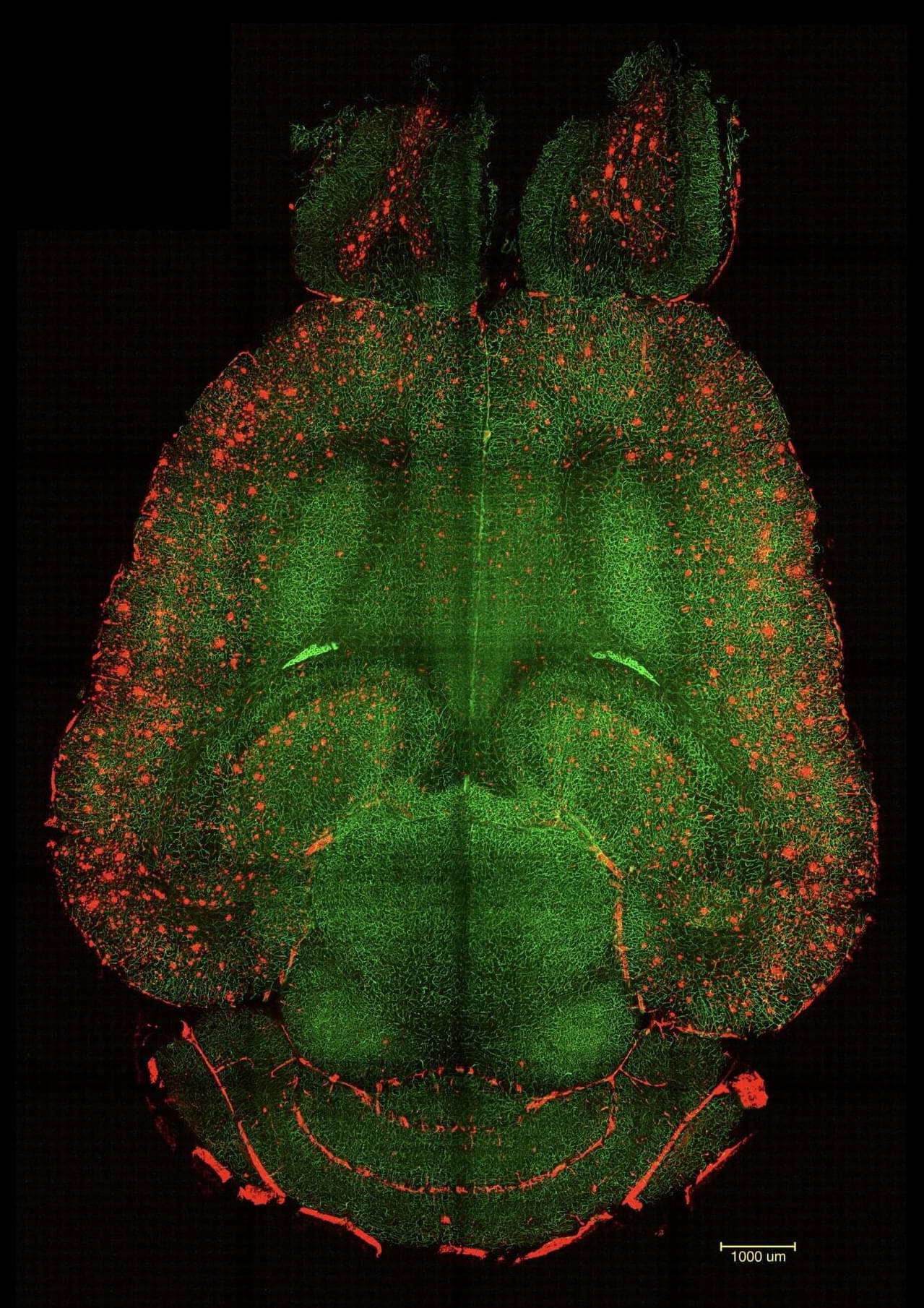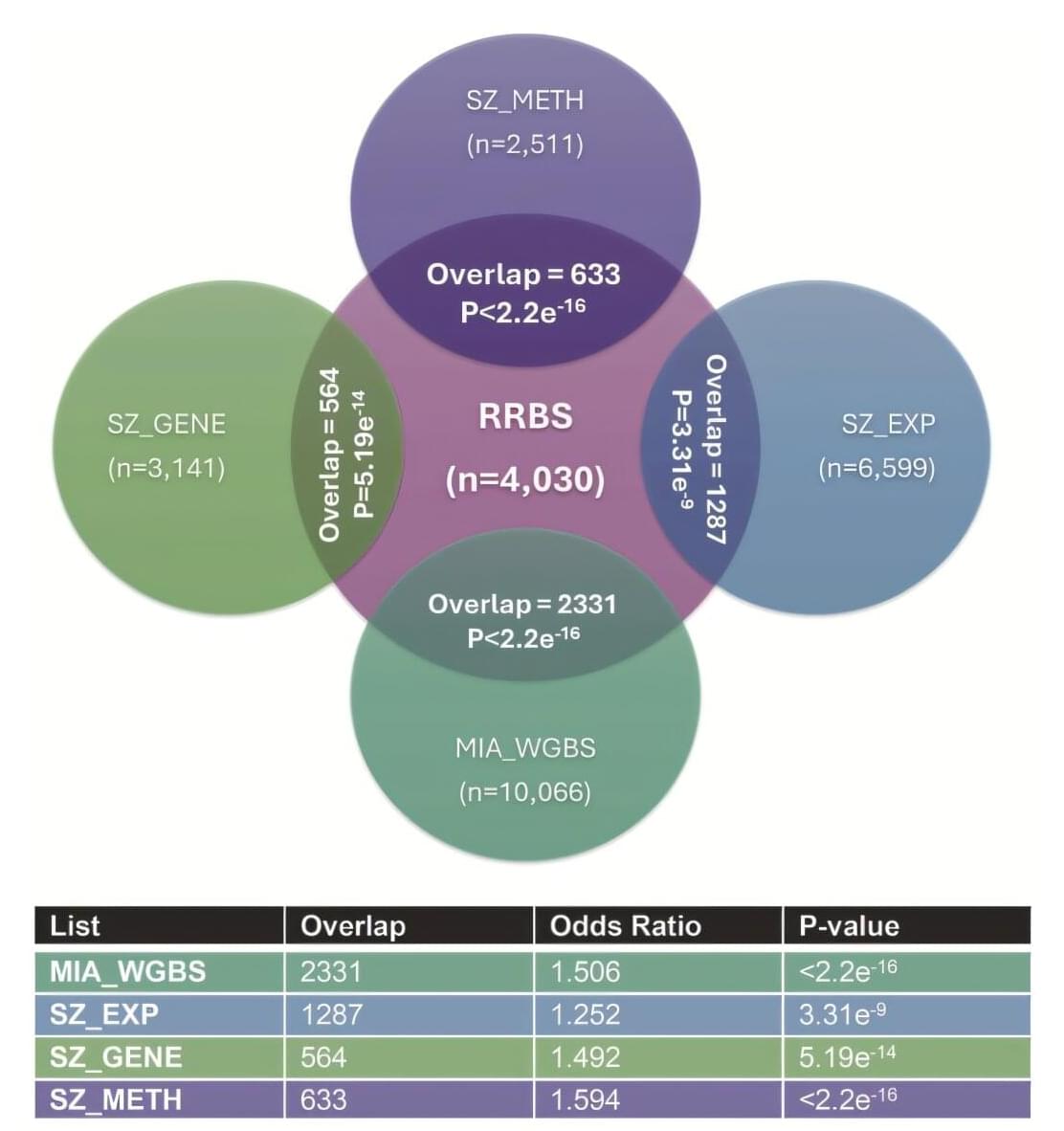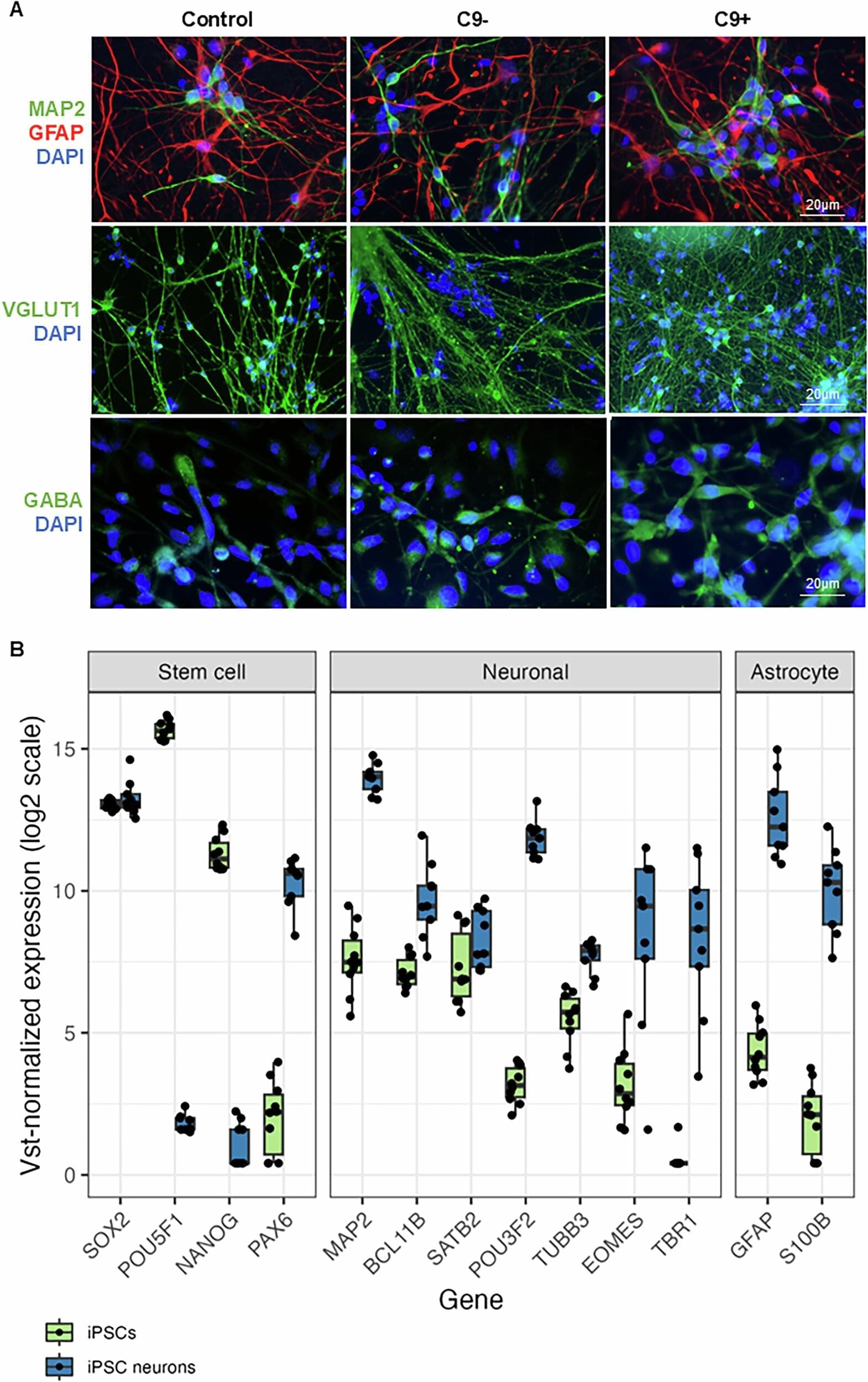A good night’s sleep has long been understood to help us consolidate new memories, but we don’t understand how. Associations with negative feelings like fear or stress can improve recall, but intentionally trying to remember can also be effective. But these two mechanisms are very different—one involuntary, one deliberate. Which influences memory most?
To investigate, researchers asked participants to remember or forget words, some of which had negative emotional associations. They found that instructions improved recall more than emotion.
“What we intend to remember and to forget can be powerful,” said Dr. Laura Kurdziel of Merrimack College, lead author of the article in Frontiers in Behavioral Neuroscience. “We have more control over our memories than we often think we do.”









